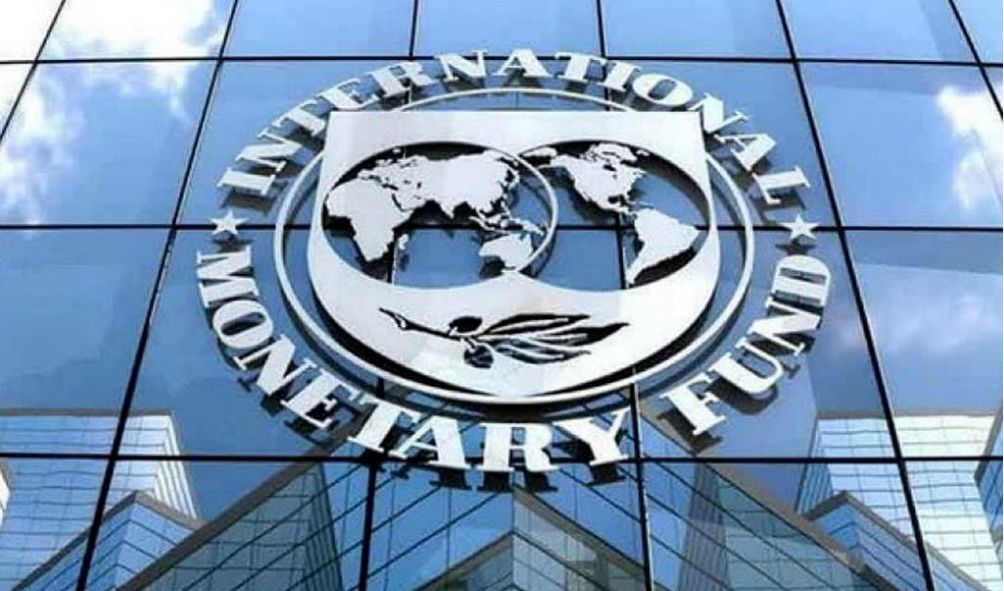IMF moves to tighten control on Kenya’s utilization of borrowed funds

CBK moves to amend its Act to ensure Kenya has audited financial statements on public debt in line with IMF policy on borrowed funds
CBK moves to amend its Act to ensure Kenya has audited financial statements on public debt in line with IMF policy on borrowed funds.
According to the World Bank, amendments to the Central Bank of Kenya Act are planned that will tighten the use of borrowed money as the nation adjusts to the Auditor-General’s revelations that Kenya does not have audited financial statements on public debt.
The World Bank claims in a new report that supports the recent issuance of a Sh141 billion ($1 billion) loan to Kenya that the International Monetary Fund (IMF) and other parties are working on amending the Act and that they should be ready soon.
“An updated safeguard assessment of the Central Bank of Kenya was completed by the IMF in September 2019. CBK continues to maintain sound external and financial reporting practices, and its board has active oversight operations. In addition, the CBK continues to maintain effective operational controls,” the World Bank stated.
“The CBK has implemented most of the recommendations from the 2019 assessment. Draft amendments to the CBK Act, prepared in consultation with the IMF, largely address safeguards recommendations and await submission to Parliament.”
IMF’s safeguard assessments normally seek to establish assurances that a country’s central bank can manage the funds it receives and provide reliable information.
“This is to ensure that loans to member countries are repaid as they fall due, making those funds available to other members in need. Safeguards include limits on how much can be borrowed, conditions on the loans, measures to deal with misreporting and arrears, and safeguard assessments of central banks,” the IMF notes.
The IMF lists six categories that have been evaluated in order to safeguard payments paid and reduce the possibility of providing the IMF with incomplete or erroneous information.
The six elements are: internal and external audit mechanisms, financial reporting, legal framework and autonomy, internal audit, and internal controls.
US pledges KSh3 billion to Kenya for agriculture revival
Raila launches Tumechoka Citizens public website to oust Ruto
Former Uhuru CS announces political comeback, to lead Azimio protests in Mt Kenya region
Ruto never had a plan for Kenya at all, Analyst
Miguna Miguna applies for DPP position
Following claims of resource misuse and instances of false reporting, the IMF implemented the measures in March 2000.
The evaluation, which is evaluated every five years, has grown to be an essential component of the IMF’s loan operations.
In December last year, the multilateral lender completed the periodic review of the safeguards assessment policy.
Following its most recent review, the IMF now covers the governance arrangement at the Central Bank as a separate pillar in the framework.
Central Banks are required to publish their financial statements that have been independently audited by external auditors by internationally accepted auditing standards.
The IMF is seeking tighter controls on Kenya’s utilization of borrowed funds at a time when the country’s public debt situation has come under greater scrutiny.
The office of the Auditor-General has recently raised queries on the lack of financial statements on public debt, non-disclosure of all guaranteed debts, commitment fees, and debt service costs.
Also read,
Kenya responds after Iranian President cancels meeting with Ruto
Kenya calls application for nurses to be sent to Saudi Arabia, How to apply
Court declares life imprisonment unconstitutional
IMF set to meet for Sh57bn Kenya loan approval
Follow us





